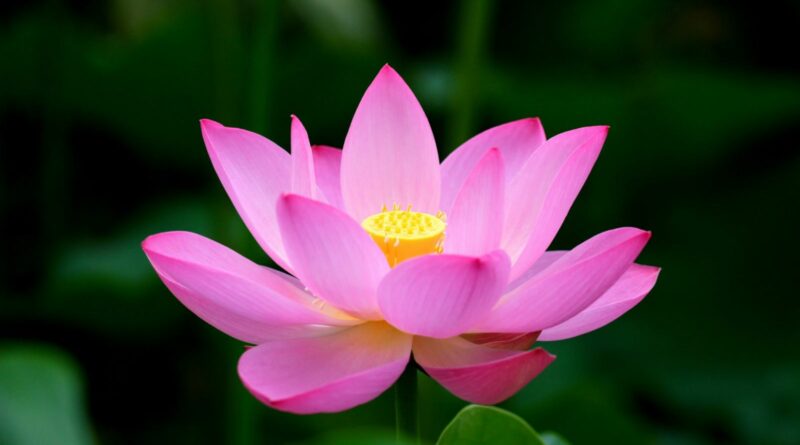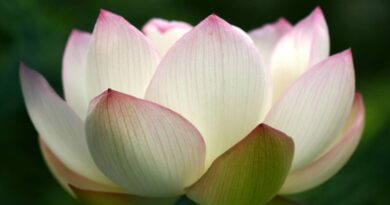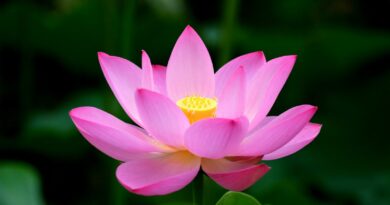BODILY DEBTS
Bodily Debts
September 29, 1958
This body of ours: Actually there’s not the least bit of it that’s really ours at all. We’ve gotten it from animals and plants—the pigs, prawns, chickens, fish, crabs, cows, etc., and all the various vegetables, fruits, and grains that have been made into the food we’ve eaten, which the body has chewed and digested and turned into the blood that nourishes its various parts. In other words, we’ve taken cooked things and turned them back into raw things: ears, eyes, hands, arms, body, etc. These then become male or female, they’re given ranks and titles, and so we end up falling for all of these conventions. Actually these heads of ours are lettuce heads, our hair is pigs’ hair, our bones are chicken bones and duck bones, our muscles are cows’ muscles, etc. There’s not one part that’s really ours, but we lay claim to the whole thing and say it’s this and that. We forget the original owners from whom we got it all and so become possessive of it. When the time comes for them to come and take it back, we’re not willing to give it back, which is where things get messy and complicated and cause us to suffer when death comes near.
If all the various animals we’ve eaten were to come walking out of each of us right now (here I’m not talking about the really big ones, like cows and steers; say that just all the little ones—the shrimps, fish, oysters, crabs, chickens, ducks, and pigs—came walking out) there wouldn’t be enough room for them all in this meditation hall. None of us would be able to live here in this monastery any more. How many pigs, ducks, chickens, and shrimp have each of us eaten? How many bushels of fish? If we were to calculate it all, who knows what the figures would be—all the animals we ourselves have killed for food or that we’ve gotten from others who’ve killed them. How do you think these animals won’t come and demand repayment? If we don’t have anything to give them, they’re sure to repossess everything we’ve got. Right when we’re at death’s door: That’s when they’re going to crowd around and demand that we repay our debts. If we don’t have anything to give them, they’re going to knock us flat. But if we have enough to give them, we’ll come out unscathed.
In other words, if we develop a lot of inner goodness, we’ll be able to contend with whatever pains we suffer, by giving back the body with good grace—in other words, by letting go of our attachment to it. That’s when we’ll be at peace.We should realize that the body leaves us and lets us go, bit by bit, every day. But we’ve never left it, never let it go at all. We’re attached to it in every way, just as when we eat food: We’re attached to the food, but the food isn’t attached to us. If we don’t eat it, it’ll never cry even once. All the attachment comes from our side alone.
The pleasure we get from the body is a worldly pleasure: good for a moment and then it changes. It’s not at all lasting or permanent. Notice the food you eat: At what point is it good and delicious? It looks good and inviting only when it’s arranged nicely on a plate. It’s delicious only for the brief moment it’s in your mouth. After it goes down your throat, what is it like then? And when it gets down to your intestines and comes out the other end, what is it like then? It keeps changing all the time. When you think about this sort of thing, it’s enough to make you disillusioned with everything in the world.
Worldly pleasure is good only when it’s hot and fresh, like fresh-cooked rice piled on a plate when it’s still hot and steaming. If you leave it until it’s cold, there’s no taste to it. If you let it go until it hardens, you can’t swallow it; and if you let it sit overnight, it spoils and you have to throw it away.
As for the pleasure of the Dhamma, it’s like the brightness of stars or the color of gold. The brightness of stars is clear and glittering. Whoever sees it feels calmed and refreshed. When depressed people look at the stars, no matter when, their depression disappears. As for the color of gold, it’s always gleaming and golden. No matter what the gold is made into, its color doesn’t change. It’s always gleaming and golden as it always was.
In the same way, the pleasure of the Dhamma is lasting and gives delight throughout time to those who practice it. For this reason, intelligent people search for pleasure in the Dhamma by giving up their worthless, meaningless worldly pleasures, to trade them in for lasting pleasure by practicing meditation until their minds and actions reach the level of goodness, beauty, and purity that goes beyond all action, all suffering and stress.




